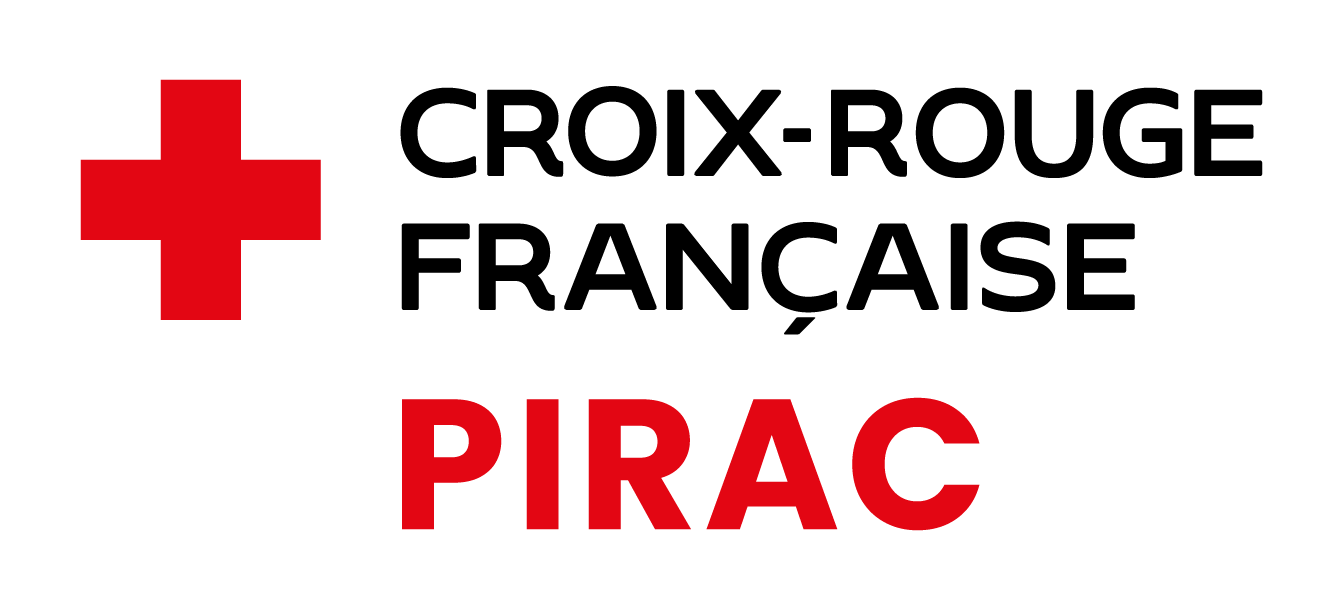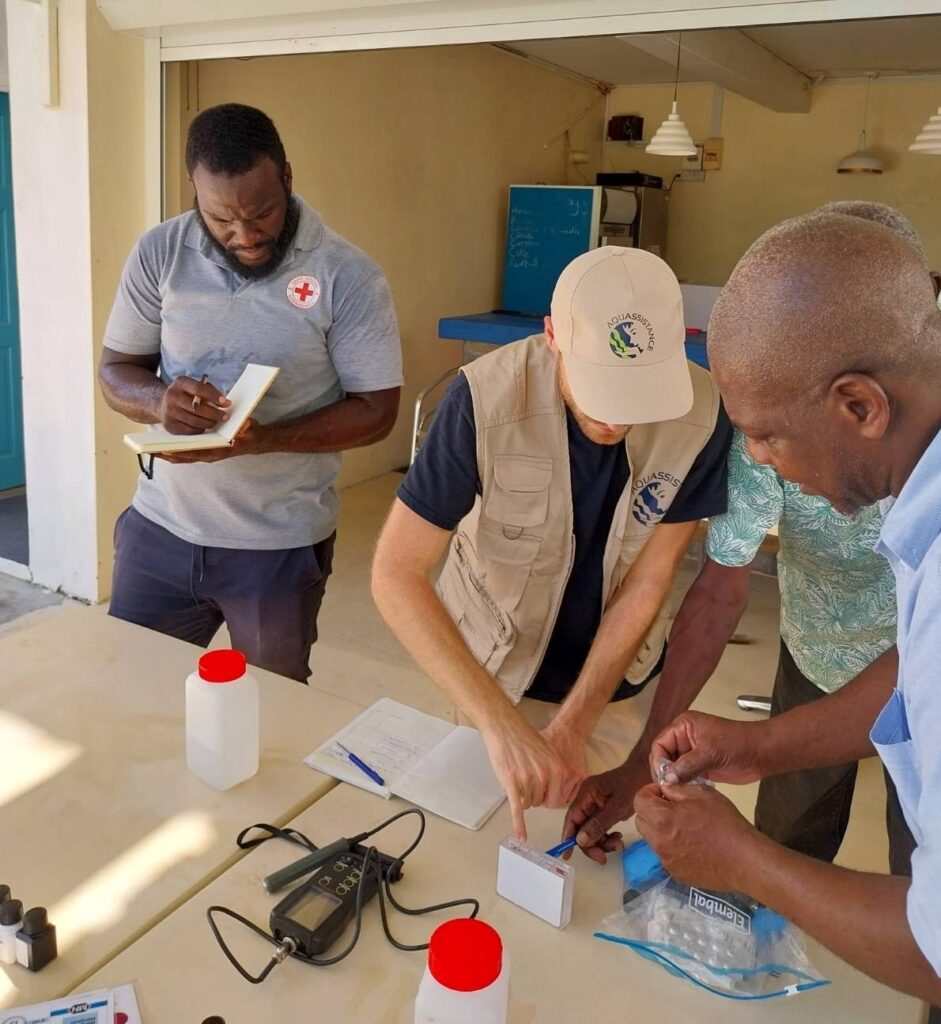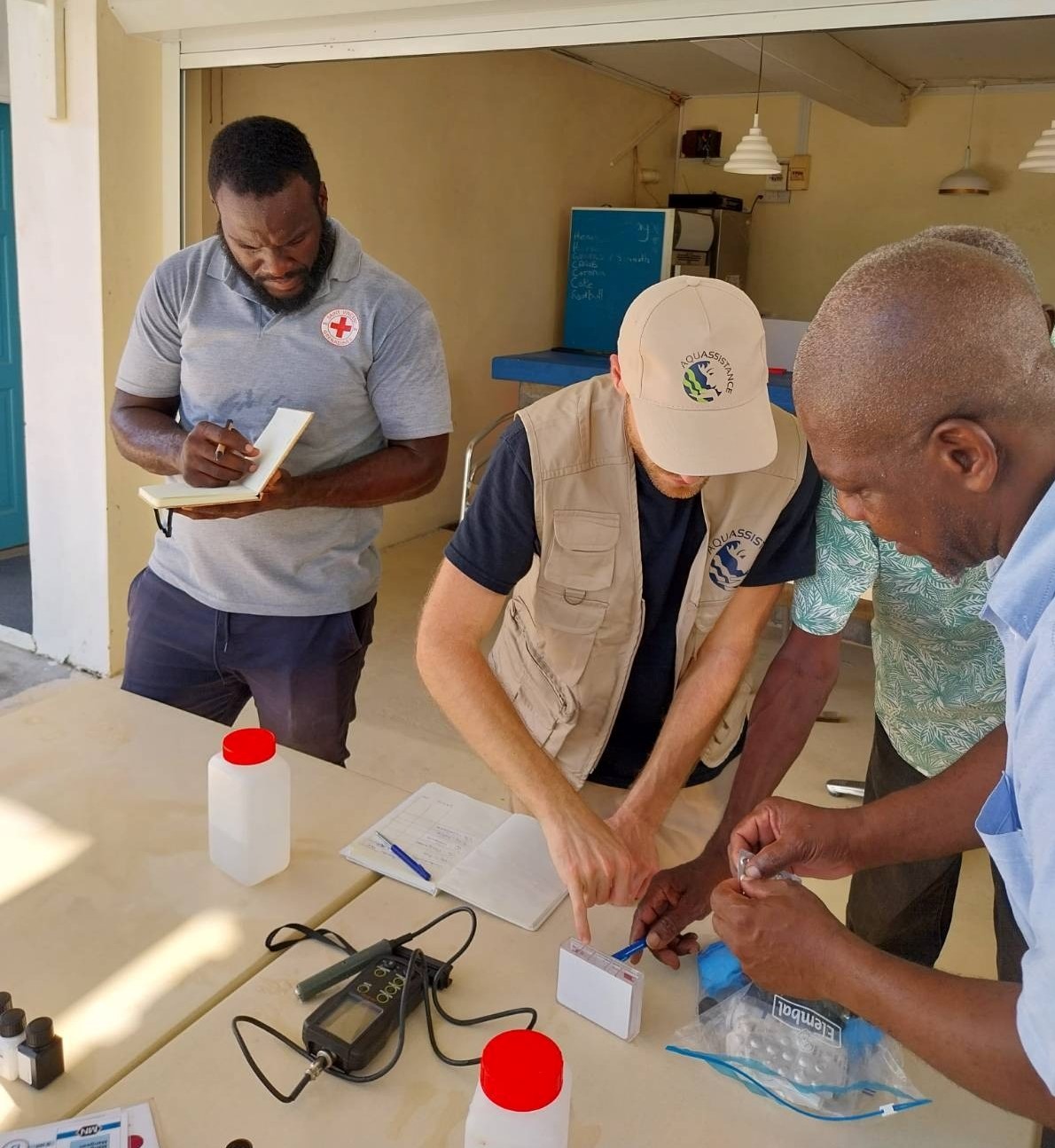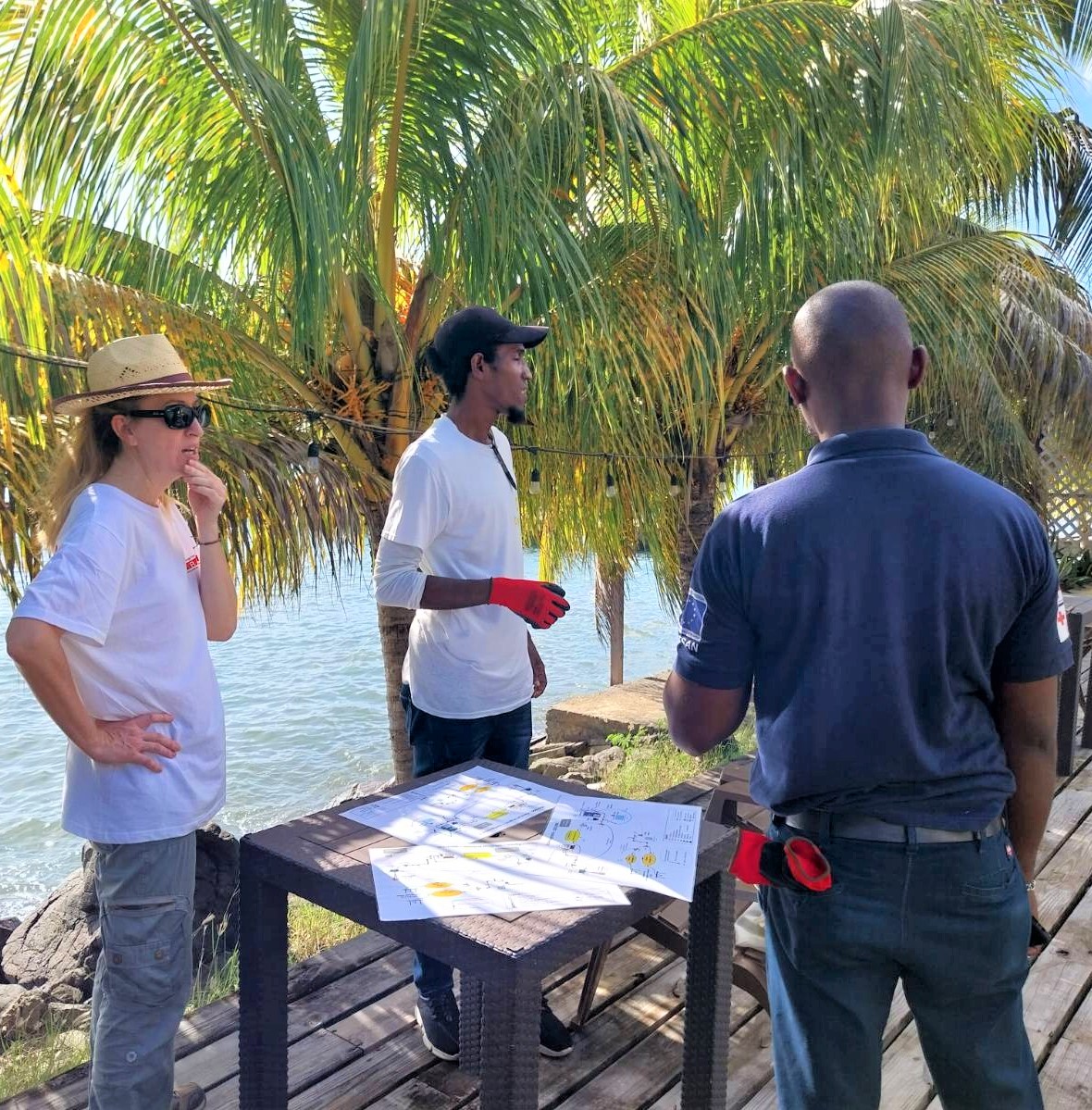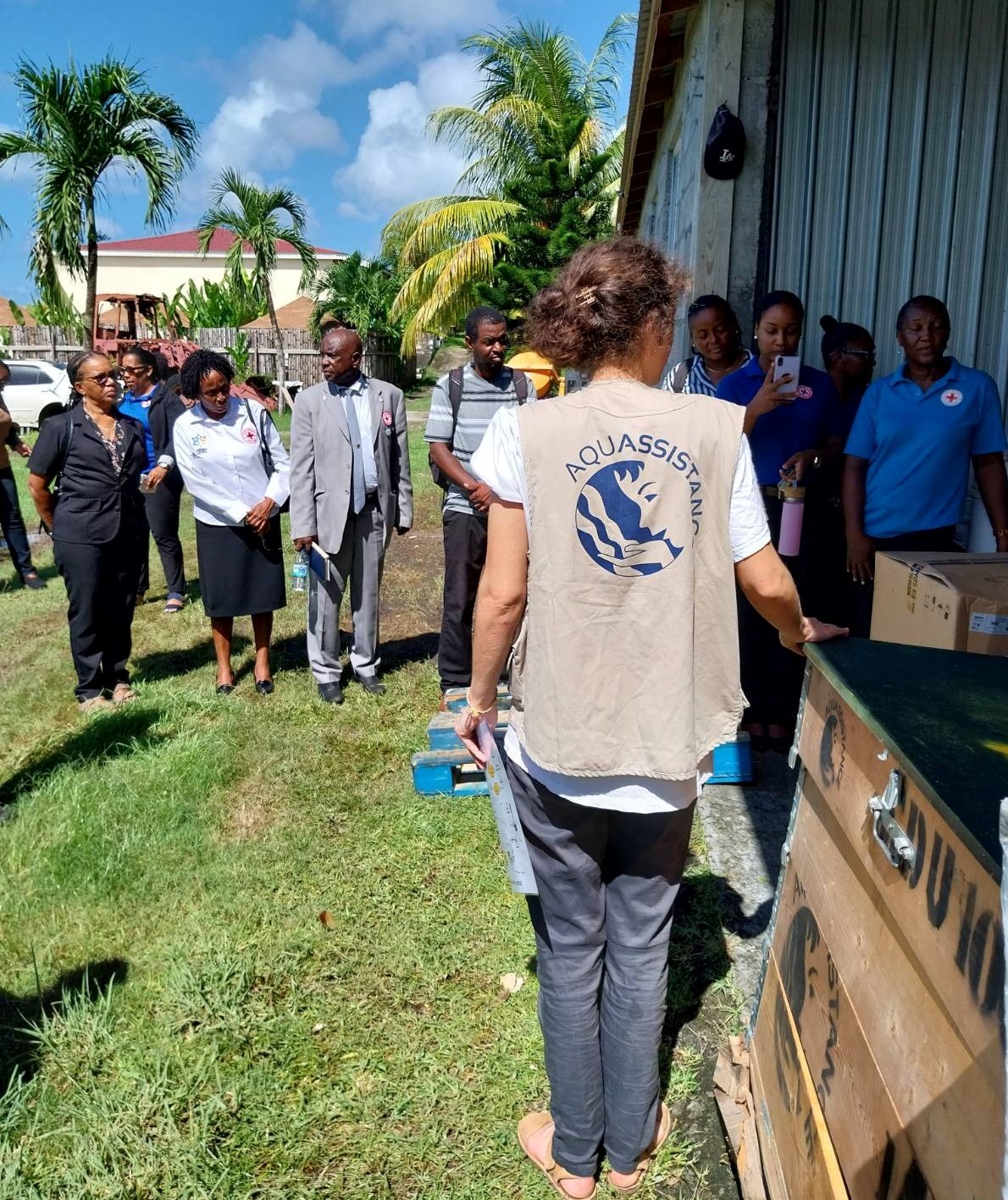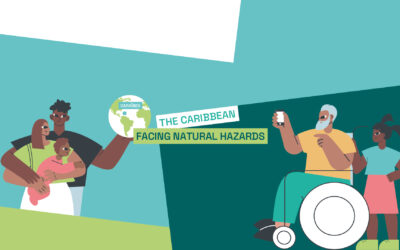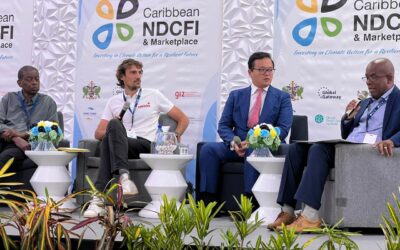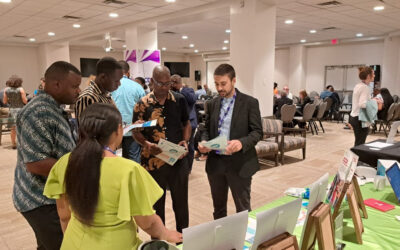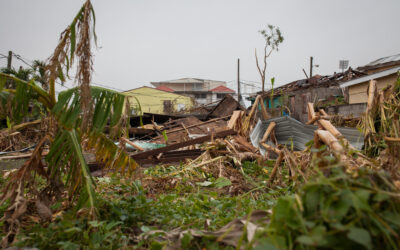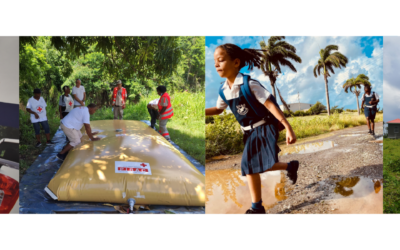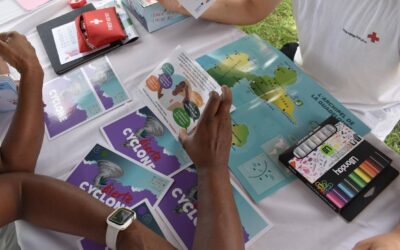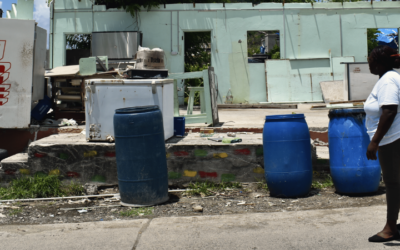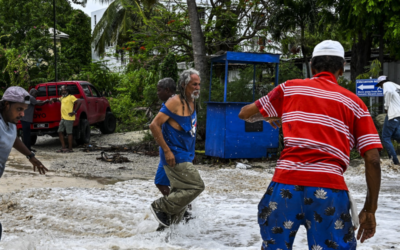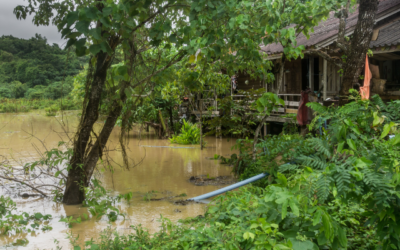PIRAC is organizing a four-day training course about seawater desalination in emergencies for the Saint Vincent and the Grenadines Red Cross and several of its local partners. This event will also be an opportunity to create a protocol of rapid deployment and repatriation of the desalination mobile unit which will be used for this training. This protocol is intended to be applied to future emergency situations in order to provide a rapid and coordinated response.
The Grenadine Islands, part of St Vincent and the Grenadines, are subject to severe constraints in terms of drinking water supply. As well as St Martin and St Barthélémy, these islands have no natural freshwater resources.Thus,the Grenadine Islandscan be faced with serious drinking water supply issues in the event of a disaster. Therefore, this vital need can become a real concern, given the insular nature of these territories.
In this context, the training of emergency responders is essential so that they can provide an effective response in the event of a disaster, to supply populations with drinking water.
Participants on the front line in the event of a disaster
A total of 8 volunteers from St-Vincent and the Grenadines, and 1 volunteer from the French Red Cross Emergency Response Unit (ERU), will be trained over four days in the use of our partner Aquassistance‘s mobile desalination unit, prepositioned in PIRAC’s warehouse in Guadeloupe.
This unit, aimed at being deployed in affected territories without fresh water in response to emergencies, produces 1 m3 per hour of drinking water from seawater, thereby significantly reducing the impact of plastic on the environment through the massive importation of bottled water. In fact, average daily use of this technology for 12 hours avoids the daily importation of 8,000 1.5-litre water bottles.
Several volunteers from the Saint Vincent and the Grenadines Red Cross, as well as the Central Water and Sewerage Authority (CWSA), Desdalination Plant of Bequia island, WASH Department of the Ministry of Health and the National Emergency Management Organisation (NEMO), will be able to build up their skills in emergency water treatment, enabling them to continue their work as front-line actors in disaster response.
An activity carried out as part of the READY 360° project
This activity is part of the Ready 360° project set up by PIRAC in 2023, following on from the READY Together program deployed since 2019. The objective is to build greener resilience by strengthening disaster preparedness and response capacities at individual, family, entrepreneurial and institutional levels. The operational partners of the Ready 360° program are the Organization of Eastern Caribbean States (OECS) and CDEMA (Caribbean Disaster Emergency Management Agency).
The Ready 360° project is co-financed by the INTERREG Caribbean program through the European Regional Development Fund.
